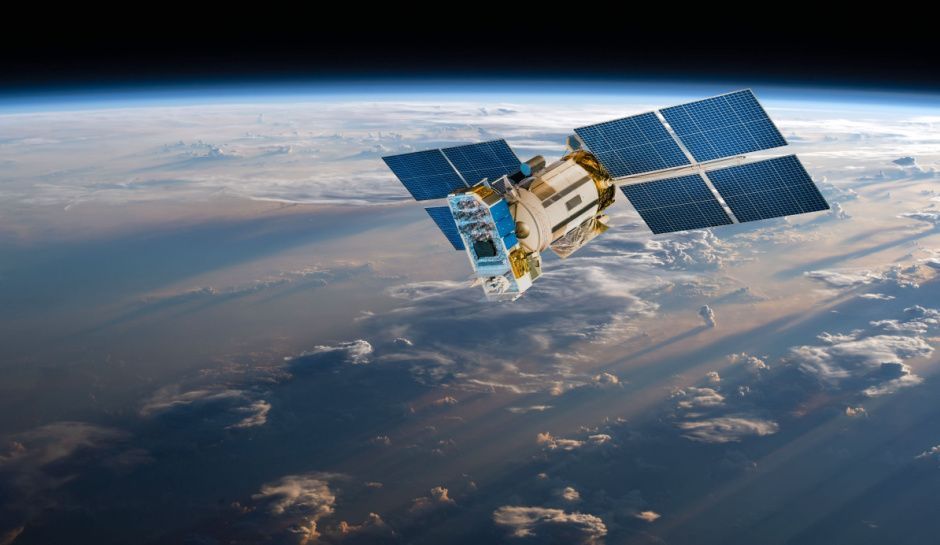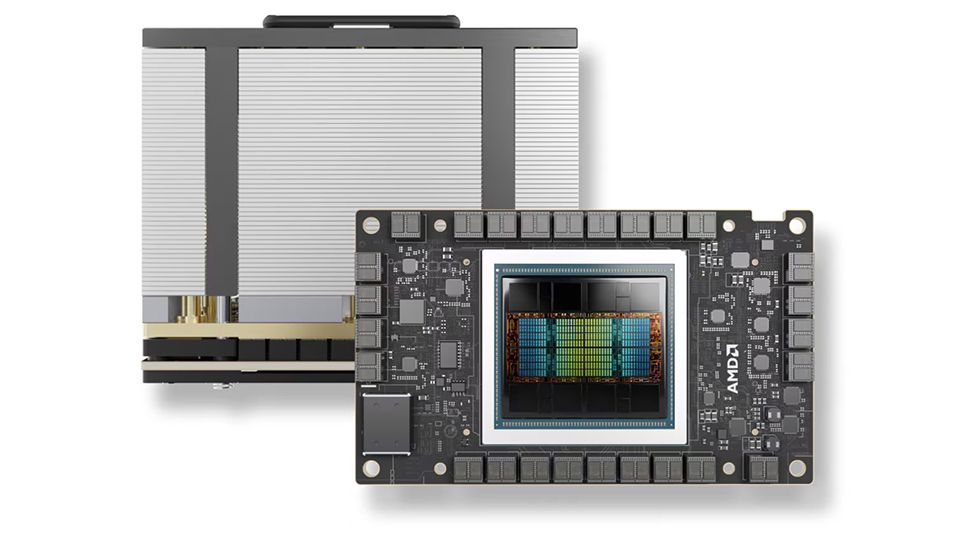Most of us use Bluetooth every day for tasks like streaming audio, sharing files, connecting to devices, and making hands-free calls.
This is because Bluetooth technology is generally designed for short-range communications between devices, and while early generations had a very limited range of up to 30 feet, it can now reach over 200 feet in real-world conditions.
Technology startup Hubble Network, which has raised a $20 million Series A funding round from companies like Transpose Platform and Y Combinator, has managed to expand that figure even further, creating a Bluetooth connection from Earth to space.
Building a satellite network
As the Hubble network blog explains: “On March 4, 2024, from the grounds of Vandenberg Space Force Base, Hubble successfully launched its first two satellites. These are not just any satellites; They have successfully reached their orbits and managed to receive signals. [from Earth] from a simple 3.5mm Bluetooth chip to an astonishing distance of 600 km.” Yes, that's not a typo. 600 kilometers, which is approximately the same distance between New York City and Boston, or between London and Paris.
This advancement is significant because traditional networks are often slow to provide effective coverage in remote areas, consume too much energy, and are prohibitively expensive to operate on a global scale. Hubble's approach directly addresses these issues by allowing standard Bluetooth devices to connect to its satellite network without cellular reception, simply with a software update.
Hubble's global satellite network, to which any Bluetooth-enabled device can connect, reportedly offers global coverage with 20 times lower battery consumption and reduced operating costs by a factor of 50. The startup says it can be used for a variety of tasks such as forest fire detection, pet, child and elderly safety, environmental monitoring, fleet management and container and pallet tracking.
Ben Wild, co-founder and CTO of Hubble Network, says: “Our innovative approach allows existing Bluetooth-enabled devices to be retrofitted to transmit data to Hubble Network without any hardware modifications, ushering in a new era of connectivity.”
With nearly five billion Bluetooth devices sold annually, the impact of this advancement could be enormous. Although the company only has two satellites in orbit right now, it plans to add two more early next year, with 32 additional satellites to follow by the first quarter of 2026.









